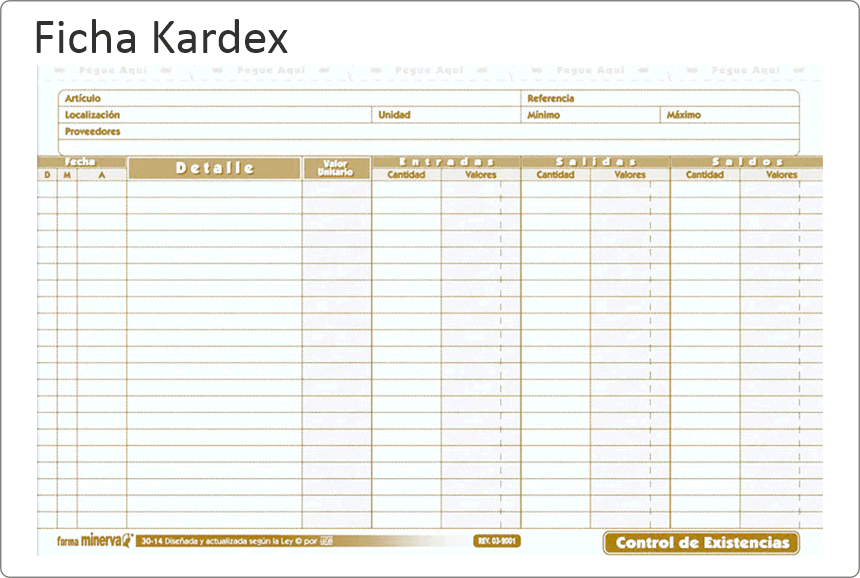The impact of digitization on the operational efficiency of companies
In an increasingly dynamic business world, digitalization has become a fundamental pillar for driving operational efficiency and maintaining competitiveness. Companies that adopt digital technologies in their internal processes not only optimize their operations, but also achieve better performance in an increasingly demanding environment. This article analyzes how digitalization, particularly in inventory management, is transforming operational efficiency and strengthening business competitiveness.

Digitalization of Operations: A New Era for Businesses
Digitalization encompasses the integration of advanced technologies into business processes to improve efficiency, productivity, and decision-making. This digital transformation not only automates repetitive tasks, but also optimizes the way companies manage their resources, interact with their customers, and respond to market demands.
In the context of inventory management, digitalization allows for more precise and real-time control of stock levels, reducing the risk of overstocking or understocking. With the implementation of digitalized inventory software, companies can automate processes such as product entry and exit, report generation, and synchronization with other management systems, all of which contribute to greater operational efficiency.
Increase in Operational Efficiency
One of the most significant impacts of digitalization is the increase in operational efficiency. By automating manual tasks and eliminating redundant processes, companies can reduce the time and resources needed to perform critical tasks. This not only reduces operational costs, but also allows employees to focus on strategic activities that add value to the company.
For example, digitalization of inventory management allows companies to track product movement in real-time, improving accuracy and speed in decision-making. Automatic purchase orders based on predefined inventory levels ensure that products are available when needed, minimizing the risk of supply chain disruptions.
Furthermore, digitalization facilitates data integration across the company, enabling a holistic view of operations. This integration improves coordination between departments, such as sales, purchasing, and logistics, resulting in a smoother and more efficient operation.
Business Competitiveness in the Digital Age
The ability to quickly adapt to market changes is crucial for maintaining competitiveness in the digital age. Digitalization not only optimizes internal processes, but also allows companies to be more agile and responsive to market needs. With access to real-time data, companies can identify emerging trends, adjust their strategies, and proactively respond to competitive challenges.
Additionally, digitalization enables companies to provide better customer service. With digitalized inventory management systems, companies can ensure that products are available and that orders are processed quickly and accurately, improving customer satisfaction and fostering loyalty.
Digitalization and Sustainability
Another key aspect of digitalization is its contribution to business sustainability. By optimizing resource use and reducing waste, digitalization helps companies operate more sustainably. For example, automation of processes can reduce paper consumption and other physical resources, while better inventory control can minimize product waste.
Furthermore, digitalization allows companies to comply with stricter environmental and social regulations, improving their reputation and giving them access to new markets and business opportunities.
Conclusion
The digitalization of business operations, including inventory management, is revolutionizing operational efficiency and improving the competitiveness of companies. By adopting digital technologies, companies can optimize their processes, reduce costs, and be more agile in a constantly evolving market. Digitalization is not just a trend; it is a necessary transformation for companies seeking to thrive in the digital age.





